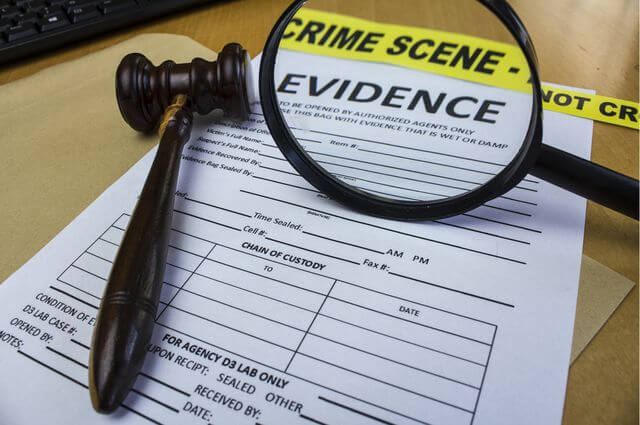Criminal defense lawyers are extremely important if you have ever been charged with a crime. A criminal attorney ensures that your rights are protected and that your case is handled most effectively. Forensic evidence can have a major impact on your case. Criminal investigations use forensic evidence, which can be scientific or technical. It can include DNA analysis, fingerprint analysis, ballistics testing, and more.
Role of forensic evidence
A criminal defense case can often be made or broken by forensic evidence. When DNA evidence links someone to a crime scene, it may be difficult for them to argue innocence. A matching fingerprint found on a crime scene item can also be highly incriminatory if it matches that of the defendant. The types of forensic evidence are not all created equal. In court, certain forms of forensic evidence are more reliable than others. For example, DNA analysis has an extremely high level of accuracy and reliability when conducted properly by trained professionals. Ballistics testing, on the other hand, may not always provide conclusive results due to variations in ammunition and firearm characteristics. Criminal lawyers need to understand these nuances when building their cases around different forms of forensic evidence.
How forensic experts work?
One factor that makes forensic science so powerful is the expertise required for analyzing samples and data collected from crime scenes. Forensic experts are undergo extensive training and education before analyzing complex crime data sets. As technology advances rapidly, these individuals stay updated with the latest developments in their field. Forensic experts must be able to communicate effectively in court in addition to their technical expertise. A criminal defense lawyer must understand what forensic experts can do and how legal specialists in Mississauga can provide evidence in criminal cases. An attorney can build a better case for their client if they have a strong understanding of these factors.
Challenges with forensic evidence
Criminal defense cases can benefit greatly from forensic evidence, but this type of evidence also presents some challenges. Human error or other factors can affect the reliability or accuracy of some types of forensic evidence. For example, the crime scene investigators may make mistakes when collecting samples or analyzing data. Lab technicians may also make mistakes that lead to inaccurate results during testing. In addition, juries and judges may find it difficult to fully understand the science behind forensic evidence. In court, forensic evidence may not have the same weight as other forms of testimony or evidence, regardless of how damning it appears on its face.
A solid criminal defense case requires forensic evidence and is only one piece of the puzzle. Other evidence can be considered by a skilled criminal lawyer in addition to witness testimony and circumstantial evidence. An experienced criminal defense lawyer will also know how to challenge forensic evidence in court. It might involve challenging the accuracy or reliability of the testing methods applied, or demonstrating that the sample was mishandled or contaminated during collection.















